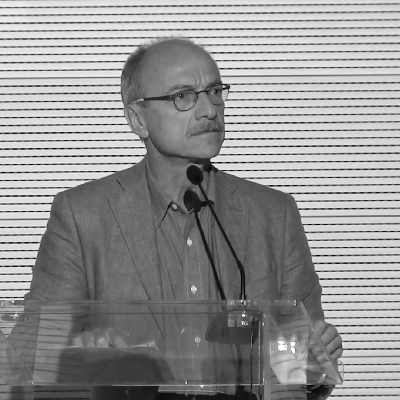Last February, Eric Solheim, the Executive Director of the United Nations Environment Programme whom I interviewed for Repubblica, outlined a rather positive picture of the current state of affairs. “As for revenues deriving from companies involved in the green economy, the Italian Stock Exchange ranks tenth at global level. At the end of 2015, assets managed with sustainable and responsible investment criteria amounted to €616 billion. Over 22% of the Italian insurance market is made up of companies that have signed the United Nations’ sustainable insurance principles.” But he also specified that in Italy the green market is the realm of operators, and not of small investors, while for instance in Luxemburg they have Lux Flag, a microfinance brand guaranteed by the bank association to ensure wide distribution of financial products relating to companies operating in the environmental sector.
This is a critical issue that must be overcome: moving from expert to widespread knowledge. The conditions are right because the various economic, energy, resource, social crisis periodically popping up highlight, even in the last end-of-year surveys, an increasing awareness about environmental issues.
Even the international agenda is becoming clearer. This is shown by the green economy turn taken at the One Planet Summit, the meeting organized by French President Macron to reiterate the commitment on climate protection during the Paris Conference two years ago, and the increasing role of green financing particularly supported by China and France (in 2015 green bonds were worth $40 billion, in 2016 they doubled exceeding $80 billion and in 2017 they registered a similar leap).
What we currently need is a connection between this awareness and concrete opportunities of production reconversion heading towards easing social tensions exasperated by crisis build-up. A link, as demonstrated by articles published in this issue of Renewable Matter, is starting to arise.
In Europe, the Bio-Based Industries Joint Undertaking, founded in 2014 to manage and run a €3.7 billion public-private partnership amongst Bio-Based Industries, has funded 65 projects in 3 years (and Italy is the second country for the number of approved projects). We are talking about demonstration projects but also about important projects such as that coordinated by Novamont for the creation in Sardinia of an extremely innovative biorefinery using low-input oleaginous crops such as thistle grown in marginal areas to obtain biomonomers and esters for the production of lubricants, cosmetics and bioplastics.
The European effort, also supported by the circular economy package and by the first forum on the circular economy that took place in Finland last June, has highlighted the opportunities offered to the credit world by the circular economy. And, as we write on the pages of this issue, Jamie Butterworth, former CEO of the Ellen Mac Arthur Foundation, capitalized on this to create Circularity Capital, a company set up with the very aim of making investors aware of the opportunities deriving from companies involved in the circular economy and ready to leap forward. The trail has been blazed, let’s hit it!
PS. By applying the principle of circularity of functions, after this issue I will leave the editorship of Renewable Matter. I would love to thank all our readers who have followed and supported us over the last three years and I wish the magazine all the best.



